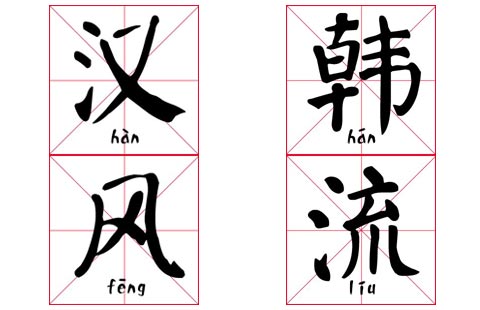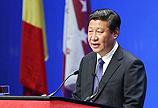China, S. Korea agree on RMB clearing service in Seoul
Updated: 2014-07-03 19:44
(Xinhua)
Comments Print Mail Large Medium SmallSEOUL - China and South Korea signed a deal Thursday to set up a renminbi (RMB) clearing service in Seoul, marrying future financial transactions between the two countries' central banks.
The People's Bank of China and the Bank of Korea inked a memorandum of understanding in this regard during Chinese President Xi Jinping's state visit to South Korea, which will hopefully facilitate bilateral trade and investment by reducing transaction costs and exchange rate risks.
The move is also considered as another push for the use of RMB by banks and businesses in international transaction.
So far this year, the world's second largest economy has reached agreements with Germany, Britain, France and Luxembourg to open local RMB trading hubs, as the Chinese currency has been increasingly used in global trade and investment.
The Chinese currency, also known as the yuan, rose to be the seventh most used payment currency globally earlier this year. RMB payments grew by 29 percent month-on-month in March with a market share of 1.62 percent, up from 1.42 percent in February, according to global transaction service firm SWIFT.
The People's Bank of China is yet to announce the nomination of a clearing bank to handle RMB business in Seoul.
China is South Korea's largest trading partner, largest market of exports, largest source of imports, and largest destination of overseas investment, while South Korea was China's third-largest trading partner and fifth-largest source of foreign investment in 2013.
China's two-way trade with South Korea totaled $274.25 billion last year, indicating an annual increase of seven percent, statistics with China's General Administration of Customs show. The figure equates to South Korea's trade volume with the United States and Japan combined.
The RMB deposits in the banking sector of South Korea reached a record 70 billion yuan ($11.33 billion) at the end of May, second only to U.S. dollar in its foreign currency deposits, according to the Bank of Korea.




